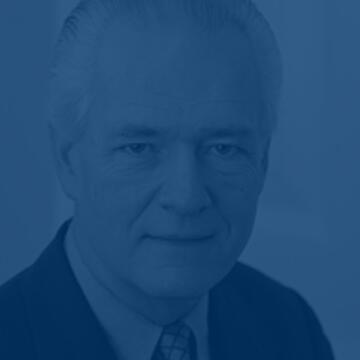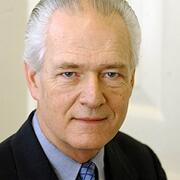Course Title:
The Nature of Genius
Faculty:
Craig Wright
Dates:
June 13 - 24, 2021
Meeting Times: (Course meets twice a day)
| Sunday, June 13th | Welcome Session - Students only | 3 p.m. - 4:30 p.m. ET |
| Monday, June 14th | 11 a.m. - 1:00 p.m. ET | 2:30 p.m. - 4:30 p.m. ET |
| Wednesday, June 16th | 11 a.m. - 1:00 p.m. ET | 2:30 p.m. - 4:30 p.m. ET |
| Friday, June 18th | 11 a.m. - 1:00 p.m. ET | 2:30 p.m. - 4:30 p.m. ET |
| Tuesday, June 22nd | 11 a.m. - 1:00 p.m. ET | 2:30 p.m. - 4:30 p.m. ET |
| Wednesday, June 23rd | 11 a.m. - 1:00 p.m. ET | 2:30 p.m. - 4:30 p.m. ET |
| Thursday, June 24th | 11 a.m. - 1:00 p.m. ET | 2:30 p.m. - 4:30 p.m. ET |

